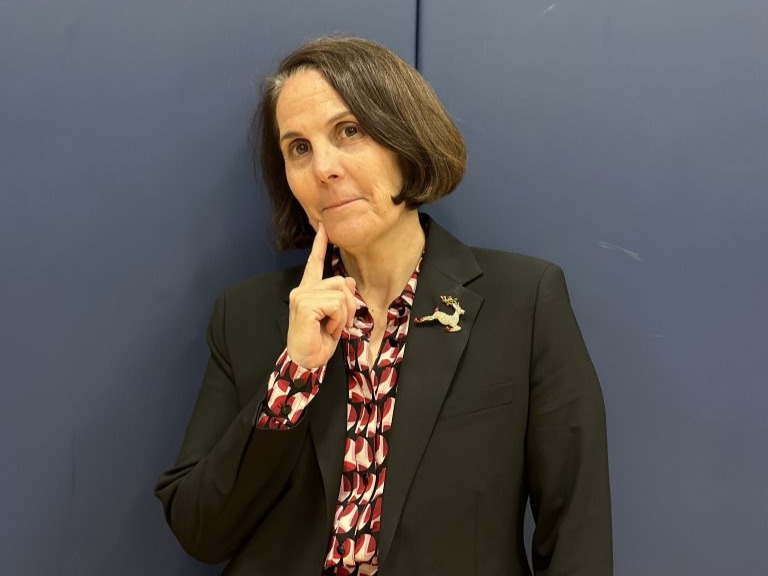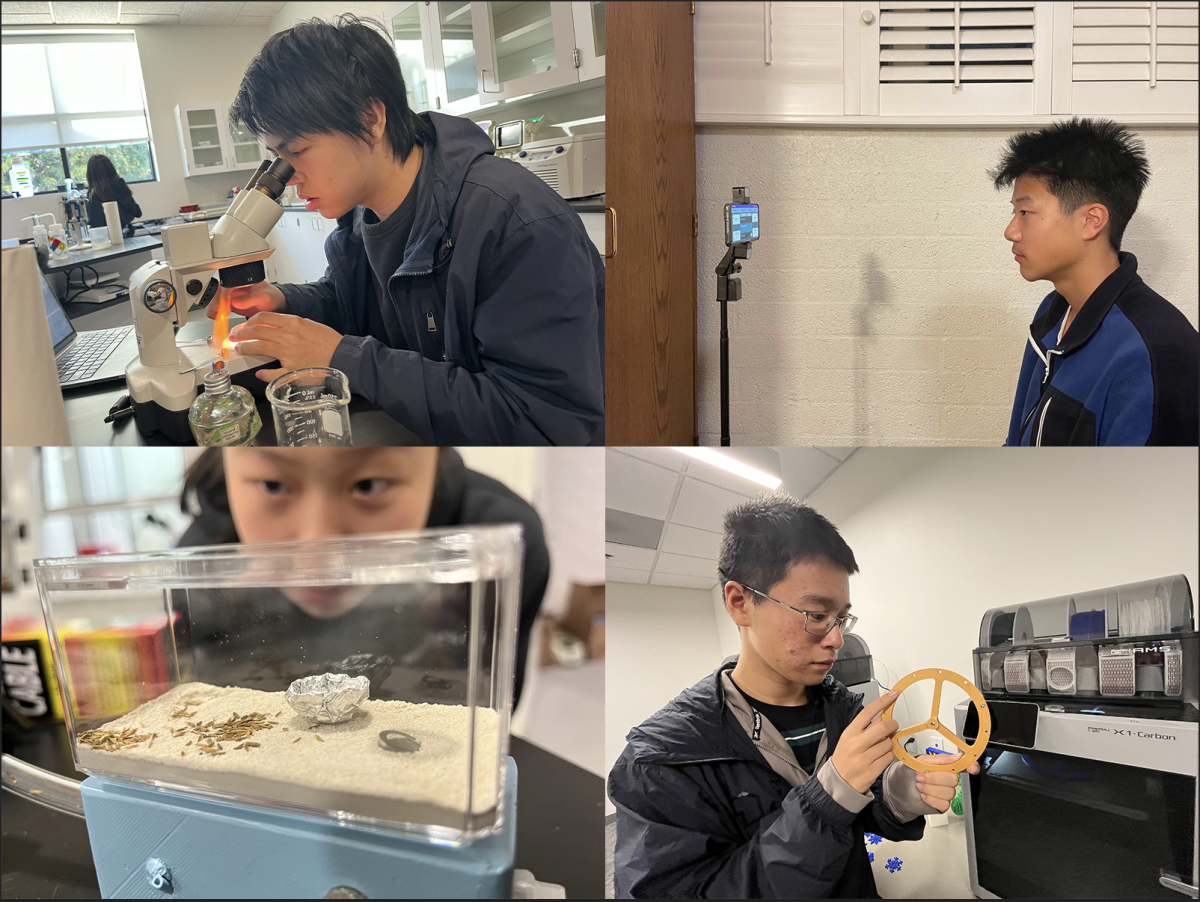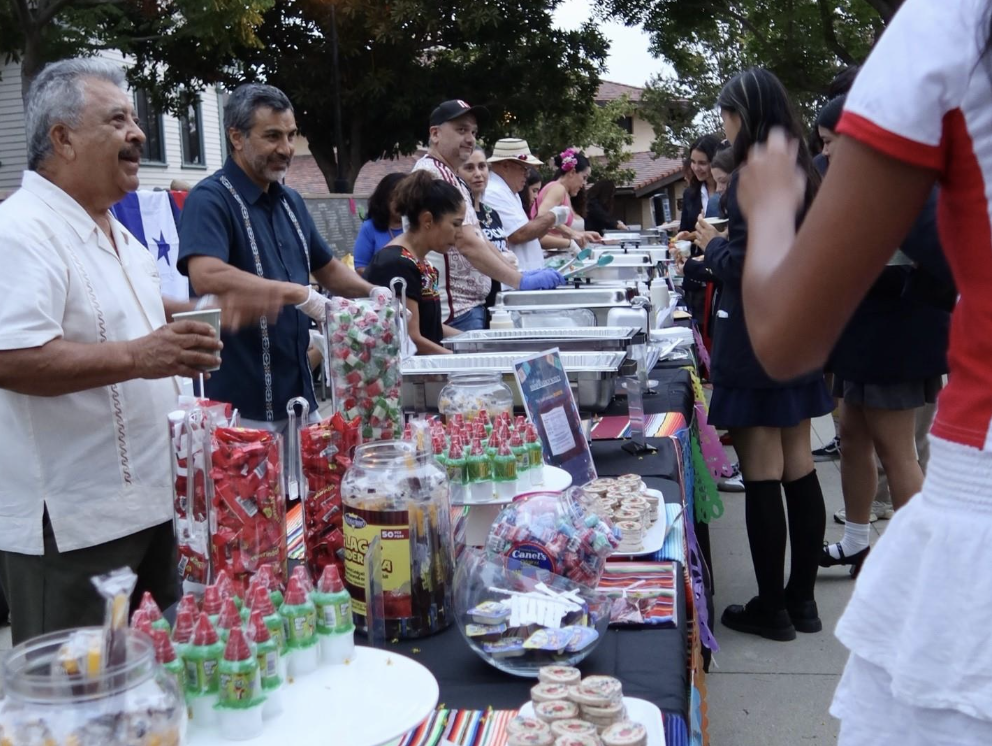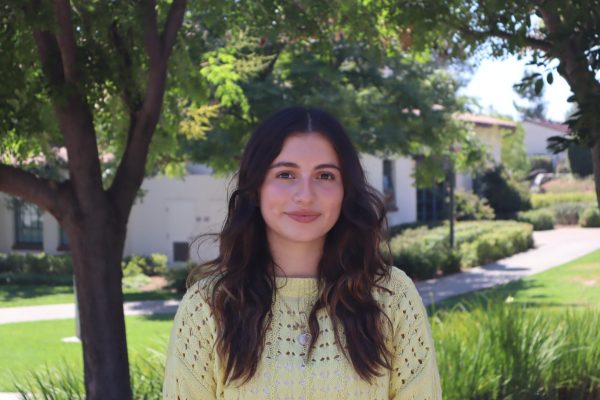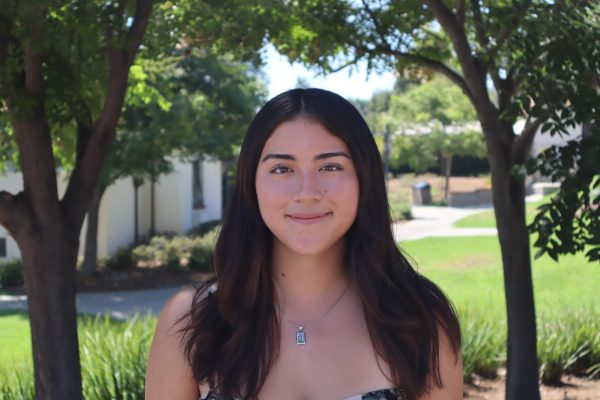By 2027, the AI market size is projected to reach a shocking $407 billion. As Webb advances in its educational model, the question of how Artificial Intelligence fits into our community is an ever more relevant one. While our academic department evaluates their AI policies, it is important to also consider the potential of utilizing AI in other realms.
Abhishek Mantha (‘14) was recently introduced to the community as a leading mind in the “AI Project@Webb”. Previously working for Mercedes-Benz as a software engineer, he hopes to implement the new developing platform WebbGPT.
AI Bits & Bites: Interactive is a hands-on workshop opportunity for students hosted by Mr. Mantha during Tuesday and Thursday office hours. The sessions will offer a unique chance for students to familiarize themselves with AI, technology, and the creation of WebbGPT.
“It could be anything from using tools hands on to just having conversations to doing written exercises,” Mr. Mantha said. “We’ll be exploring a lot of the different elements of AI and how to use it, but I’m hoping that it’s going to be an interactive experience for everybody.”
WebbGPT represents a trailblazing step as a personalized chat-based assistant for students to input any questions. From scheduled events to the current lunch menus, the possibilities for information are endless.
Yet, AI remains a wary subject in humanities and art classes at Webb. Many teachers have expressed fear over the potential AI has to take away from creativity, and it may be unlikely to see the status quo policies change in these classrooms.
“I am on the AI ethics task force here at Webb, so I’m part of conversations about how we make sure that when students are using it, [that] they’re using it in an ethical way and that they understand the pros and cons of the technology,” said Dr. Elizabeth Cantwell, Chair of Humanities Department.
Despite the increasing disciplinary cases Webb students have received due to unapproved AI use this year, interest in applying AI in other fields among the student body has not dwindled.
Mr. Mantha has generously opened the development of WebbGPT to all of Webb regardless of prior AI or tech experience, and many Webbies have volunteered to assist in the creation process.
Over 50 Webb students will be split into six different sectors targeting development, design, prompt engineering, data curation, marketing, and project management. They will attend office hours and interactive labs to collaborate and maximize the effectiveness of this application.
Mr. Mantha plans on releasing the first prototype of WebbGPT this May, an exciting chance for students to test the application and provide feedback. From there, the program will be in evaluation and continue to improve for future students, faculty, and staff.
“We want to introduce AI to students so they can view it as a tool that can help them,” Mr. Mantha said. “Think about how this tool can help solve bigger problems, whether it’s things like water security or maybe it’s trying to discover new materials for sustainable energy.”
However, in the end, WebbGPT is only just the beginning of how AI may be used in Webb’s future.


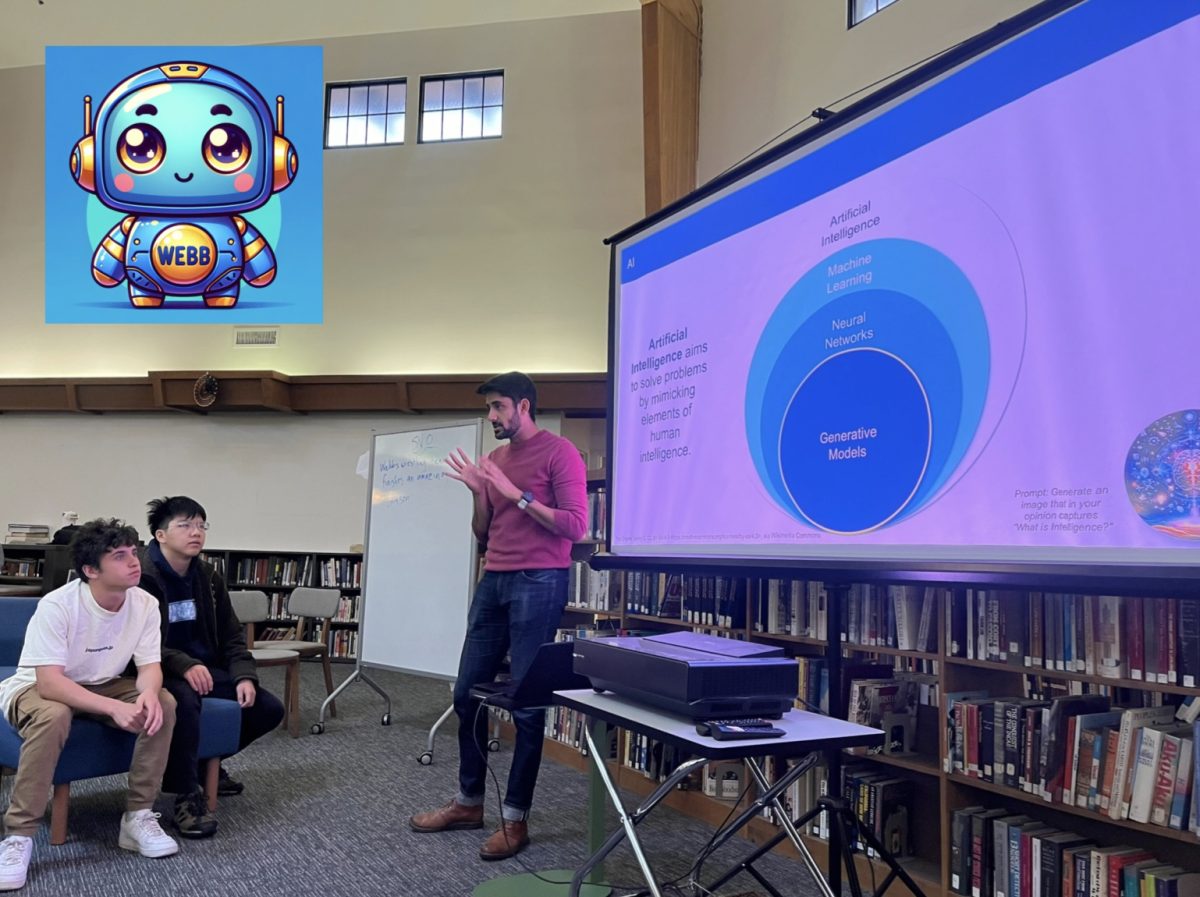


![All members of the Webb Robotics Winter season teams taking a group photo. Of note is Team 359, pictured in the middle row. “It was super exciting to get the win and have the chance to go to regionals [robotics competition]” Max Lan (‘25) said. From left to right: Max Lan (‘25), Jerry Hu (‘26), David Lui (‘25), Jake Hui (’25), Boyang Li (‘25), bottom Jonathan Li (’25), Tyler Liu (‘25)](https://webbcanyonchronicle.com/wp-content/uploads/2025/03/Screenshot-2025-03-10-at-2.41.38 PM.png)

